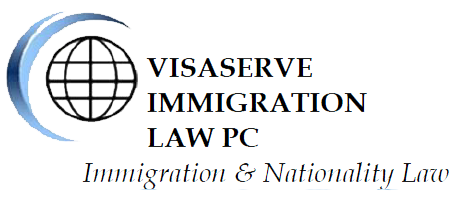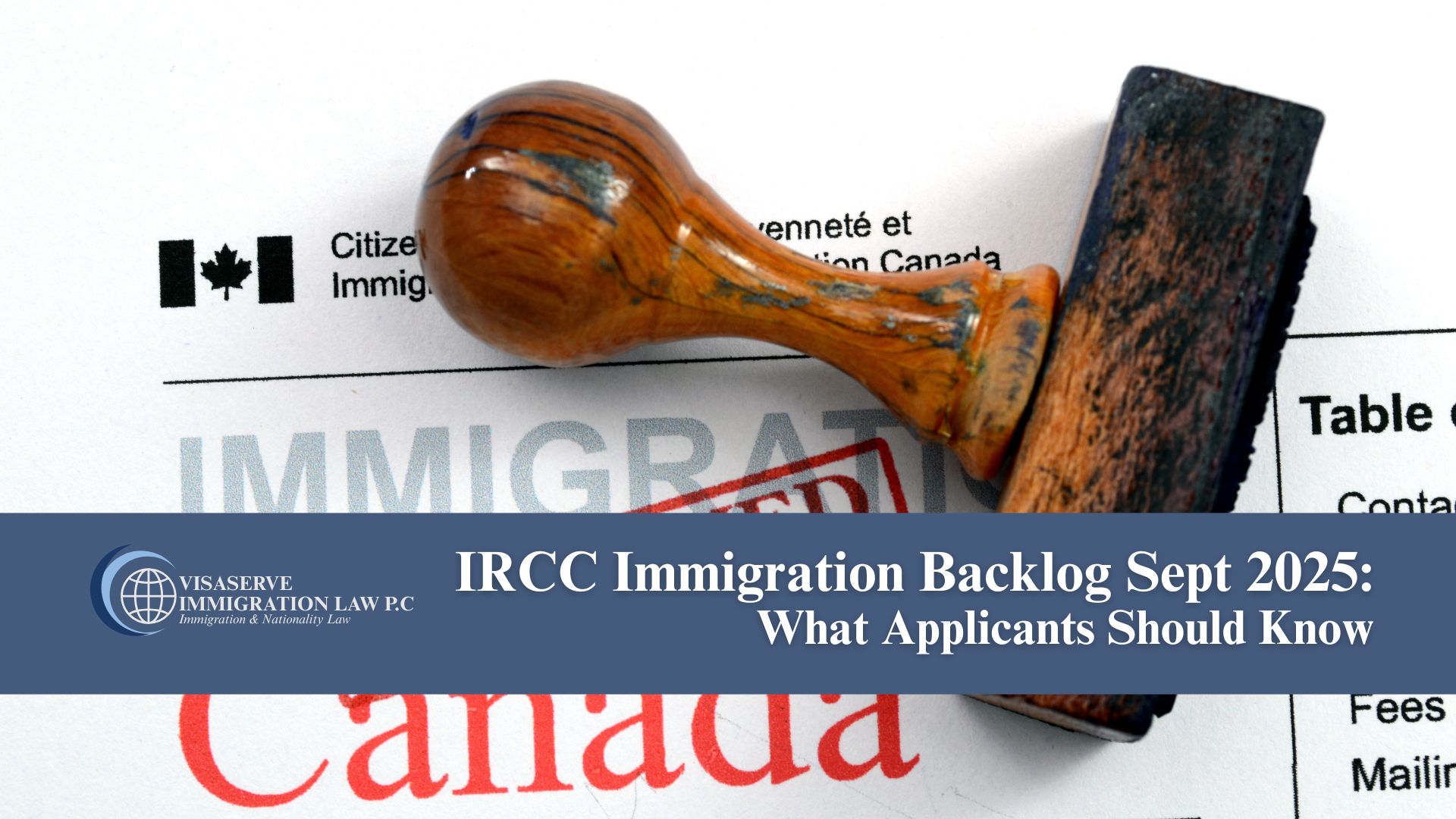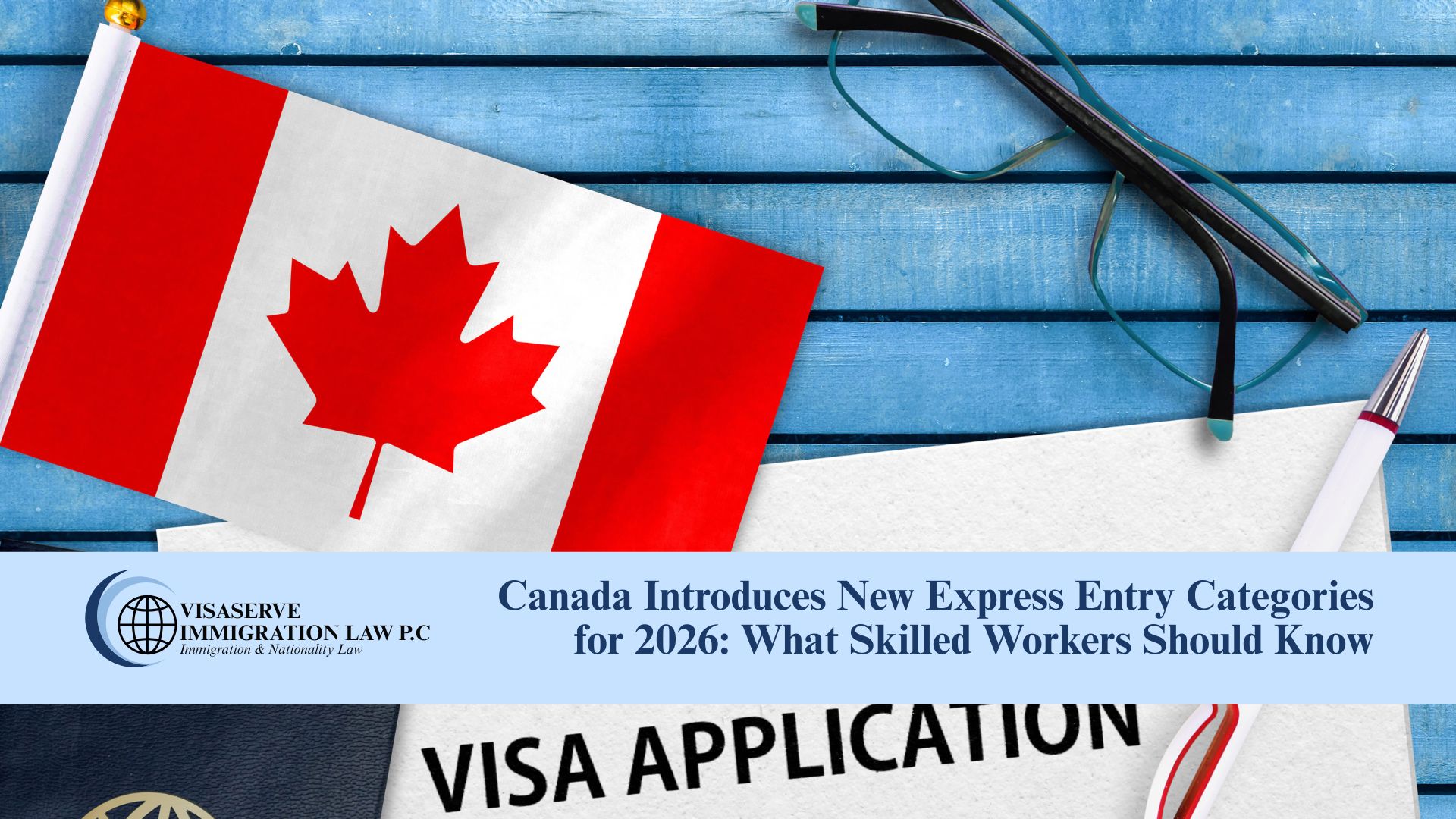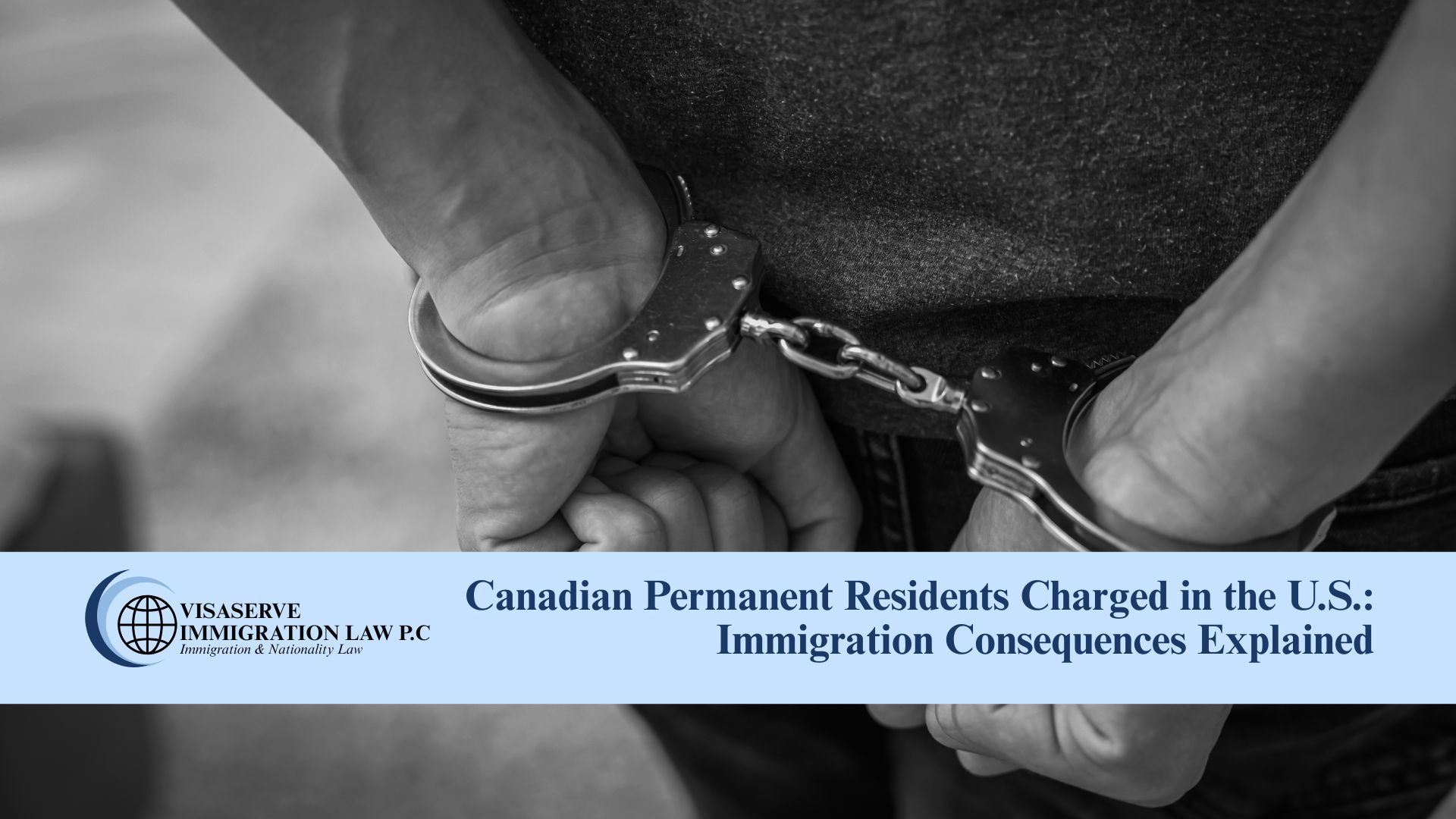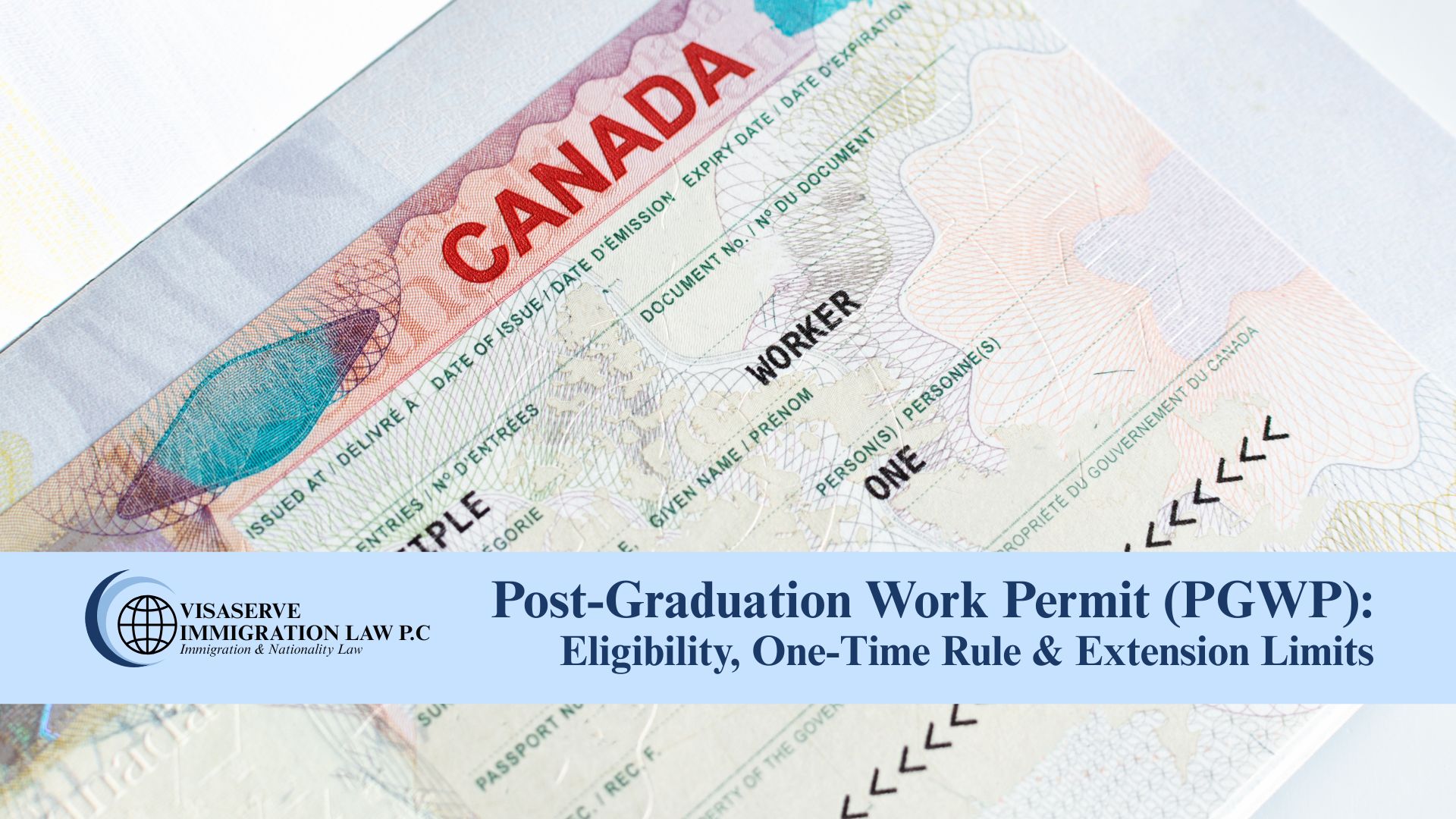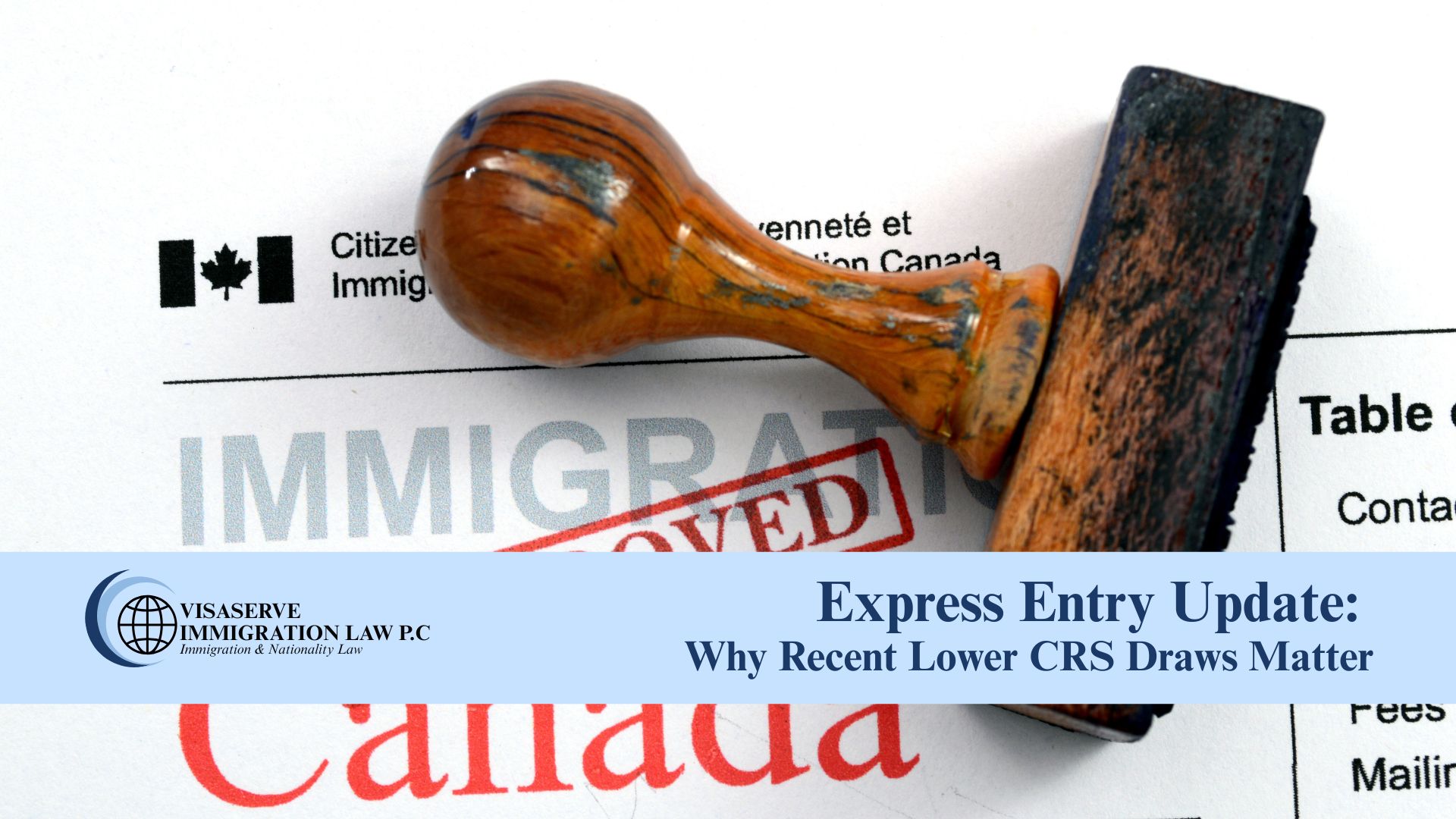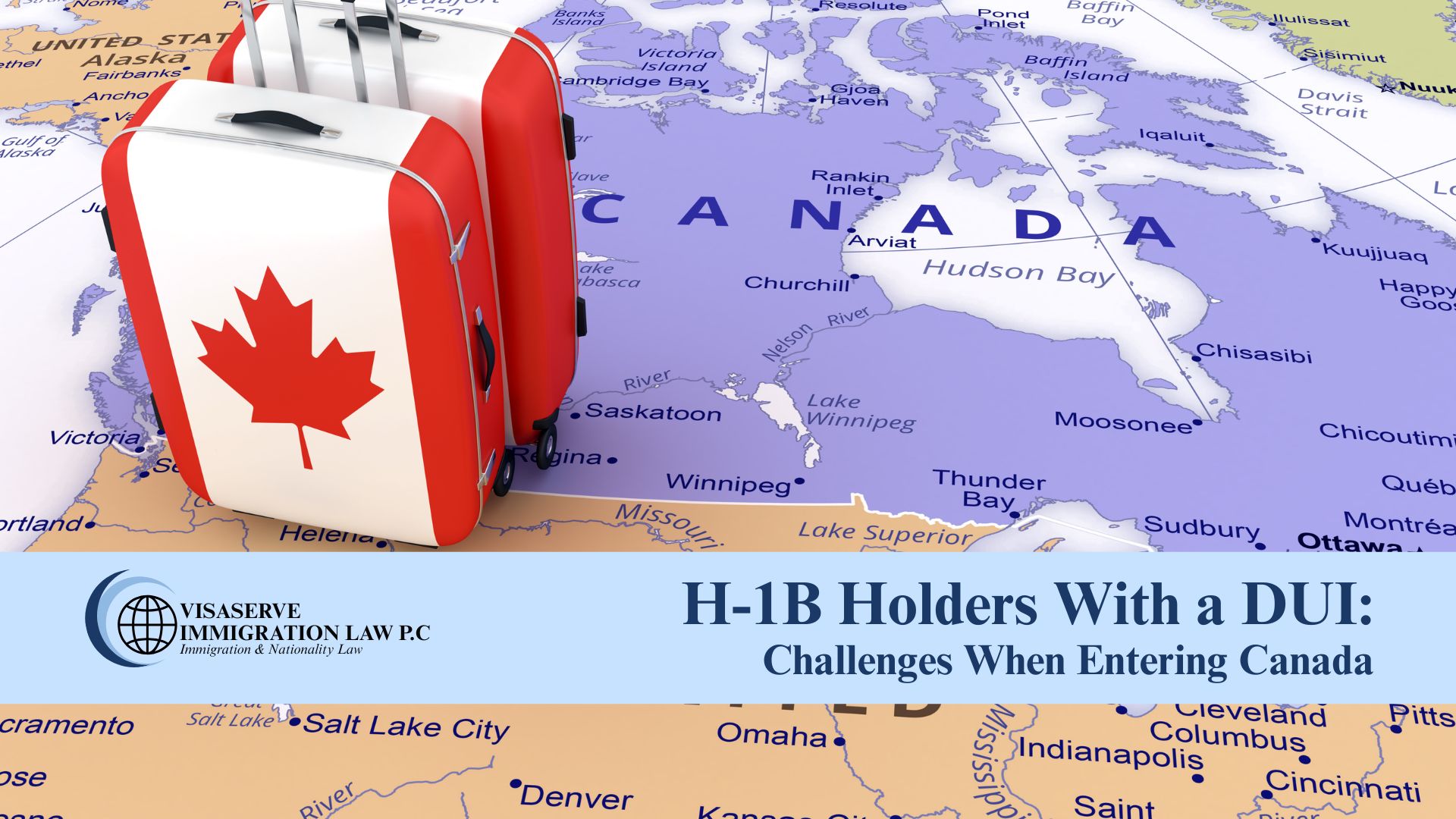Immigration, Refugees and Citizenship Canada (IRCC) continues to process an unprecedented volume of applications in 2025. As of July 31, 2025, IRCC was managing approximately 2.2 million applications across permanent residence, citizenship, and temporary residence categories. While the Government of Canada aims to process 80% of applications within service standards, backlogs persist in certain streams, particularly for permanent residence and temporary visas.
For foreign nationals, visa holders, and investors considering Canada, understanding the backlog is critical in planning immigration timelines and making informed decisions.
1. Permanent Residence Applications
Between January 1 and July 31, 2025, Canada welcomed 246,300 new permanent residents and made 266,800 decisions. However, processing times continue to vary by program.
-
Express Entry (Federal High-Skilled Programs): After significant improvements in 2023–2024, the backlog increased again in 2025, with 21% of applications still pending as of July 2025. Projections suggest the backlog may remain around 20–29% in the coming months.
-
Provincial Nominee Program (PNP): Processing capacity is under pressure as provinces expand nominee streams to address labour shortages.
-
Spousal, Partner, and Dependent Child Sponsorship: Remains a priority category, but applicants should expect variable wait times depending on case complexity.
2. Citizenship Applications
IRCC welcomed 86,400 new citizens from April to July 2025. The backlog of citizenship grant applications has stabilized, with approximately 19% of cases pending. While this is an improvement compared to earlier years, projected backlogs may increase slightly in late 2025.
3. Temporary Residence Applications
Temporary visas and permits remain the largest source of application volume. In the first seven months of 2025 alone, IRCC finalized:
-
317,800 study permits (including extensions)
-
825,600 work permits (including extensions)
Despite these efforts, backlogs persist:
-
Temporary Resident Visas (TRVs): 56% pending as of July 2025.
-
Study Permits: Application surges from international students continue to affect turnaround times.
-
Work Permits: Processing delays remain, though capacity has improved since early 2024.
What This Means for Applicants
The IRCC backlog highlights the importance of early preparation, complete documentation, and professional guidance. Applicants should anticipate possible delays beyond posted service standards, especially if:
-
Their application falls under high-volume categories like Express Entry or TRVs.
-
Additional information or documents are requested by IRCC.
-
Program quotas are already close to being filled.
How Visaserve Can Help
At Visaserve Immigration Law P.C., we provide strategic advice to help individuals, families, and investors navigate Canada’s immigration system with clarity. Our legal team ensures that your application is complete, accurate, and positioned for timely review—helping to mitigate risks associated with backlogs and delays.
